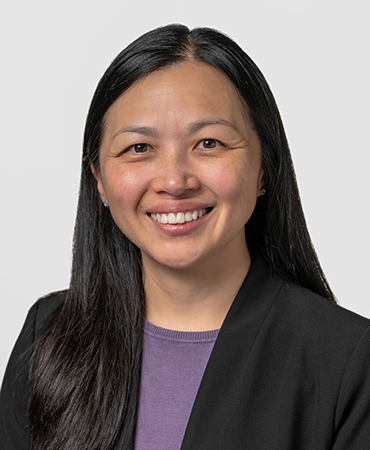
Mongkha Pavlick
Executive Vice President, Supervision + Credit
Mongkha Pavlick serves as Executive Vice President in the Supervision + Credit Group at the Federal Reserve Bank of San Francisco. In this capacity, she oversees bank supervision and regulation for bank holding companies, state member banks, and foreign banking organizations throughout the Twelfth Federal Reserve District, as well as the provision of liquidity to the payment system by extending credit through the Federal Reserve’s discount window. She is also a member of the Bank’s executive leadership team.
Mongkha joined the San Francisco Fed in 2001 as an intern, where she, shortly thereafter, began her career as an associate examiner. She earned her safety and soundness commission and deepened her experiences by serving as an examining manager during the financial crisis. From 2014–2018, she served as Director of the San Francisco Fed’s supervisory program for community banking organizations. She then became Group Vice President overseeing the Fintech, Country Analysis, and Outreach team, Credit Risk Management (Discount Window) team, and Supervision + Credit’s business and operational support functions until 2022.
Before her current role, Mongkha returned to her community banking roots serving as Senior Vice President, Community and Regional Institution Supervision overseeing consumer compliance supervision, formations + transactions, enforcement, and community and regional institutions.
Mongkha graduated summa cum laude from the University of Southern California, with a Bachelor of Science degree in business administration and a minor in East Asian languages and cultures.